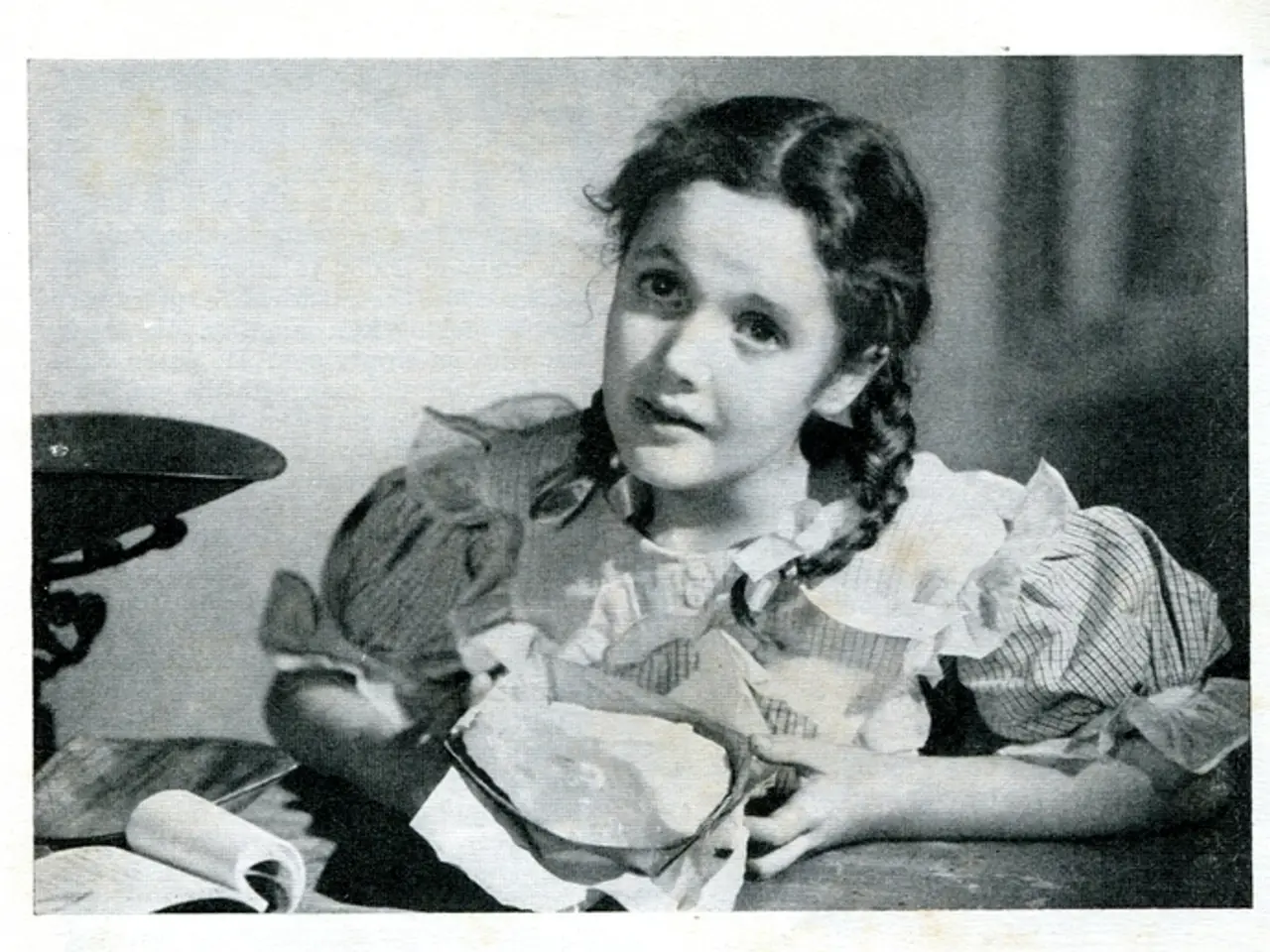Exercise Material for Class 6 English: Focus on Nouns, Pronouns, and Verbs, Including Solutions
In the English language, a noun is a part of speech that serves as a naming word, identifying and referring to people, places, animals, things, ideas, qualities, or concepts. Here's a closer look at different types of nouns and how to identify them.
Common Nouns and Proper Nouns
Common nouns represent general items, people, or places, such as city, dog, or teacher. Proper nouns, on the other hand, name specific ones and always begin with a capital letter, like Paris, Michael, or Monday.
Concrete Nouns and Abstract Nouns
Concrete nouns refer to tangible objects you can experience through the senses, such as apple, car, or table. Abstract nouns, however, denote ideas or qualities that cannot be touched, like love, happiness, or justice.
Countable Nouns and Uncountable Nouns
Countable nouns can be counted individually and have singular/plural forms, like cat/cats, book/books. Uncountable nouns, on the other hand, cannot be counted directly and usually have no plural form, such as water, music, or furniture.
Collective Nouns
Collective nouns denote a group or collection considered as a single unit, like team, flock, or herd.
Material Nouns
Material nouns refer to substances or materials, like water, gold, or wood.
Compound Nouns
Compound nouns are formed by combining two or more words, like toothpaste, bedroom, or playground.
Identifying Nouns
To identify nouns, look for capitalization for proper nouns and names of specific people, places, or organizations. Check if the noun can be counted or pluralized for countable vs. uncountable nouns. Determine whether the noun refers to something tangible or intangible for concrete vs. abstract classification.
Practical Methods to Practice
To practice identifying and classifying nouns, use worksheets, quizzes, and exercises focused on noun identification and classification. Create lists of nouns you encounter in reading or daily life, then categorize them according to type. Write sentences intentionally using different types of nouns to reinforce understanding. Engage with teaching resources such as presentations and videos explaining noun types with examples, which provide guided practice.
Here are some examples of sentences and the nouns they contain:
- The plural form of Book is Books.
- Nouns: Book, Books
- Examples of nouns include Book, Teacher, India, Happiness, and Team.
- Nouns: Book, Teacher, India, Happiness, Team
- In the sentence "The children are playing with a ball", the nouns are children, ball.
- Nouns: children, ball
- The underlined noun in the sentence "My sister loves to read" is a Common noun.
- Noun: read (verb, not a noun)
- Correct sentence: The underlined noun in the sentence "My sister loves to read books" is a Common noun.
- Nouns: sister, books
- The plural form of Box is Boxes.
- Noun: Box, Boxes
- In the sentence "Mumbai is a big city in India", the nouns are Mumbai, city, India.
- Nouns: Mumbai, city, India
- The underlined noun in the sentence "The table is made of wood" is a Material noun.
- Noun: wood (Material noun)
- A noun is a part of speech that serves as a naming word, identifying and referring to people, places, animals, things, ideas, qualities, or concepts.
- Noun: concept (Abstract noun)
- The underlined noun in the sentence "She bought a new dress" is a Common noun.
- Noun: dress (Common noun)
- The underlined noun in the sentence "A herd of cows was grazing" is a Collective noun.
- Noun: cows (Collective noun)
- The plural form of Knife is Knives.
- Noun: Knife, Knives
- The underlined noun in the sentence "We saw a school of fish" is a Collective noun.
- Noun: fish (Collective noun)
- The plural form of Child is Children.
- Noun: Child, Children
- In the sentence "The boy played with his dog in the park", the nouns are boy, dog, park.
- Nouns: boy, dog, park
- In the sentence "Honesty is the best policy", the nouns are Honesty, policy.
- Nouns: Honesty, policy
- In the sentence "The lion roared loudly in the jungle", the nouns are lion, jungle.
- Nouns: lion, jungle
- In the sentence "My teacher gave me a book for my birthday", the nouns are teacher, book, birthday.
- Nouns: teacher, book, birthday
- The underlined noun in the sentence "Honesty is the best policy" is an Abstract noun.
- Noun: Honesty (Abstract noun)
- The underlined noun in the sentence "Doctor Sharma is very good" is a Proper noun.
- Noun: Sharma (Proper noun)
- The plural form of Foot is Feet.
- Noun: Foot, Feet
- The underlined noun in the sentence "The team won the match" is a Collective noun.
- Noun: team (Collective noun)
- The plural form of Woman is Women.
- Noun: Woman, Women
- In the sentence "Teamwork is important for success", the nouns are Teamwork, success.
- Nouns: Teamwork, success
- The underlined noun in the sentence "He showed great kindness" is an Abstract noun.
- Noun: kindness (Abstract noun)
- The underlined noun in the sentence "Paris is a beautiful city" is a Proper noun.
- Noun: Paris (Proper noun)
- The plural form of Potato is Potatoes.
- Noun: Potato, Potatoes
- The plural form of City is Cities.
- Noun: City, Cities
- In the sentence "Mount Everest is the highest mountain in the world", the nouns are Mount Everest, mountain, world.
- Nouns: Mount Everest, mountain, world
- The plural form of Tooth is Teeth.
- Noun: Tooth, Teeth
- The plural form of Sheep is Sheep (no change in spelling).
- Noun: Sheep, Sheep
- In education-and-self-development, learning about the types of nouns can help improve English grammar, as seen in the examples above.
- Being able to identify and classify nouns is an important aspect of practical methods to practice English language skills, particularly when working with sentences and written texts.




